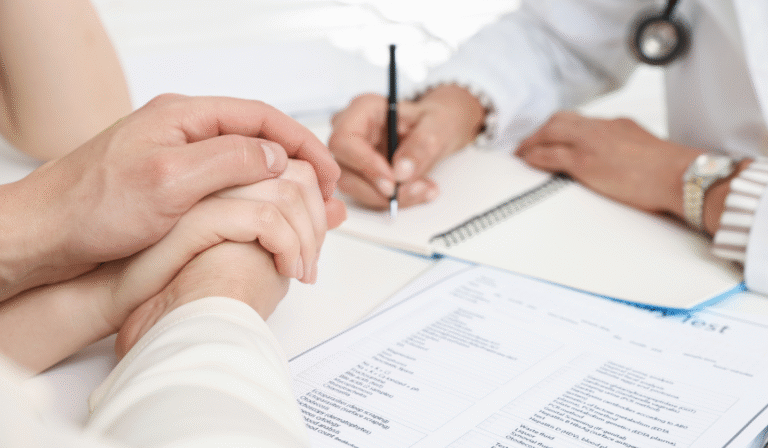Comprehensive guidance on healing, self-care, and emotional well-being during the crucial weeks after delivery.
The postpartum period, often called the “fourth trimester,” is a crucial time for a mother’s recovery and adjustment. While the focus usually shifts to the newborn, it’s equally important to care for the mother’s physical and emotional well-being after delivery.
Understanding the Postpartum Phase
Postpartum recovery begins right after childbirth and typically lasts for about six weeks, though complete healing can take several months. During this period, a woman’s body undergoes significant changes — from hormonal shifts to physical recovery after labor or surgery.
New mothers may experience fatigue, mood swings, breast discomfort, and perineal pain. Understanding that these changes are natural helps in managing them better. Proper rest, nutrition, and medical follow-up are vital during this healing phase.
Physical Recovery After Delivery
Each mother’s recovery experience is unique, depending on whether the delivery was vaginal or cesarean.
For vaginal births, mild bleeding, soreness, and pelvic heaviness are common. Regular perineal care and pelvic floor exercises aid faster healing.
For cesarean births, incision care and gentle mobility are essential to prevent infection and improve circulation.
A balanced diet rich in iron, calcium, and protein supports recovery, especially for breastfeeding mothers. Hydration and light physical activity also promote healing and energy restoration.
Breastfeeding releases hormones like oxytocin, which help the uterus contract and reduce bleeding. However, it can also bring challenges such as nipple soreness, engorgement, or infections. Consulting a lactation expert can make breastfeeding more comfortable and successful.
Hormonal fluctuations after delivery can also lead to mood changes or irritability. Understanding that these shifts are temporary helps mothers stay patient and seek help when needed.
Emotional Health and Postpartum Depression
Emotional recovery is as vital as physical healing. While mild mood swings or “baby blues” are common, persistent sadness, anxiety, or loss of interest may indicate postpartum depression (PPD). PPD is not a sign of weakness but a medical condition that requires attention.
Early counseling, emotional support from family, and professional guidance help mothers regain confidence and emotional balance. Open conversations about mental health can break the stigma and encourage healing.
Self-Care and Long-Term Well-Being
Postpartum care should extend beyond physical recovery. Self-care routines — adequate sleep, nutritious meals, light exercise, and bonding time with the baby — build both emotional strength and family connection.
Regular postnatal check-ups ensure that healing is progressing well, and any complications like infections, thyroid issues, or high blood pressure are detected early.
Motherhood is a beautiful journey, but it comes with challenges that require patience and care. Prioritizing self-health allows mothers to nurture their babies with energy, positivity, and peace of mind.






